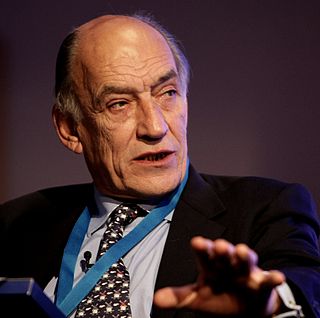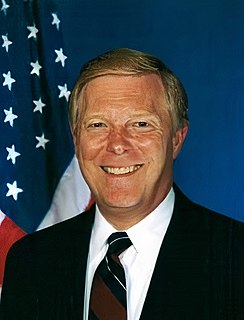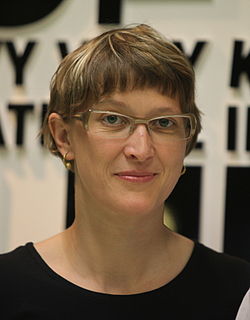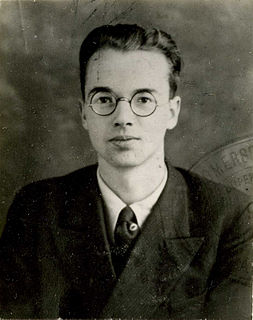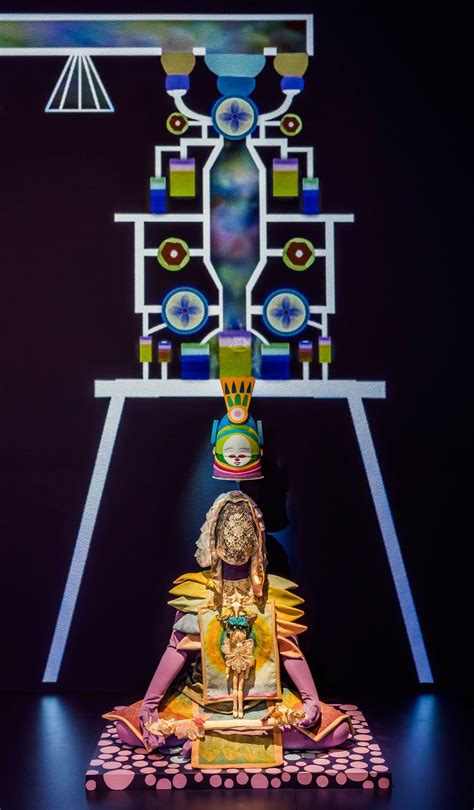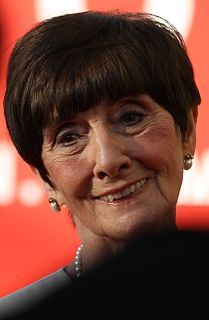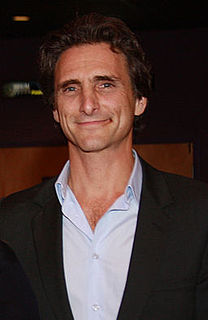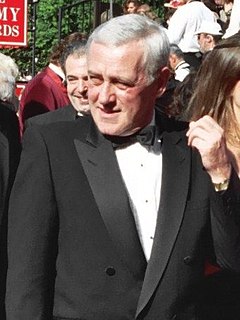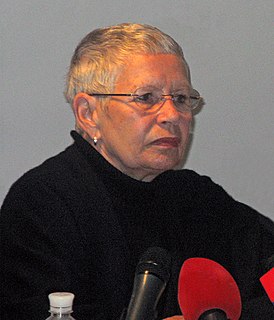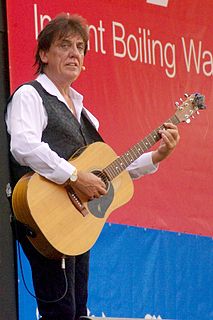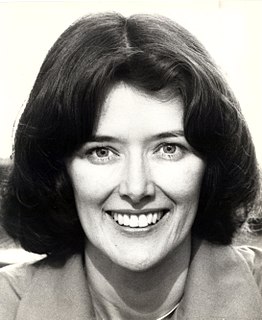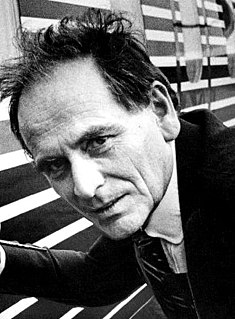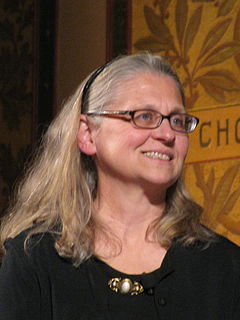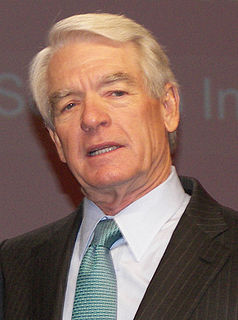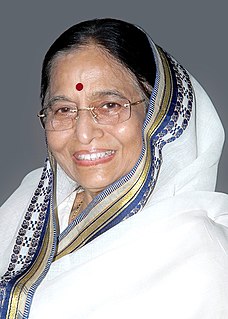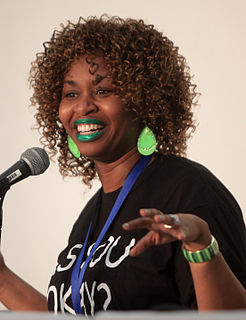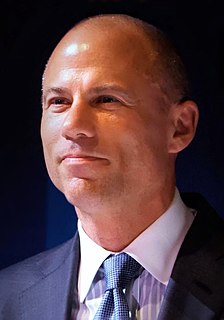Top 1200 Post-War Quotes & Sayings
Explore popular Post-War quotes.
Last updated on April 14, 2025.
I think that horror films have a very direct relationship to the time in which they're made. The films that really strike a film with the public are very often reflecting something that everyone, consciously or unconsciously feeling - atomic age, post 9-11, post Iraq war; it's hard to predict what people are going to be afraid of.
One concern I had while I was working actively in the intelligence community - being someone who had broad access, who was exposed to more reports than average individuals, who had a better understanding of the bigger picture - was that the post - World War II, post - Cold War directions of societies were either broadly authoritarian or [broadly] liberal or libertarian.
What bin Laden had hoped to achieve in Afghanistan in the post-9/11 period, which was to drag the United States into a protracted guerrilla war like the one he had fought against the Soviets, never happened. Instead, that protracted guerrilla war is now playing out in Iraq, in the heart of the Middle East.
I think the personal and psychological aspects of war remain the same. War is about killing and dying. A man or woman stands at the post and there is a very real possibility of dying in the next five minutes. Whether he dies or not depends partly on him and partly on luck, and yet he must continue to function.
I don't know if Britain ever really achieved that much glamour. We had post-war austerity rather than post-war prosperity, and our cultural products of the time include some pretty dour kitchen-sink dramas of the A Kind of Loving variety. (This kind of film seems disillusioned with the sixties before they've even really begun.)
In one sense, I have always felt glad to have had the war [World War II] in my childhood, because, as a result, nothing that has happened in the world since then has ever seemed quite so bad. On the other hand, I never entirely got over my feeling of being cheated when the promised era of peace in a wonderful "post-war world" failed to materialize. I could not understand how, after all that, people could ever even think of fighting again. And I still can't.
The classic war movies of the post-Vietnam era have generally taken on grand, philosophical themes: the meaninglessness of war, the grinding down of man by the machine - the machine being war itself, represented by someone like Gunnery Sergeant Hartman in 'Full Metal Jacket,' the sadistic marine who turns his boys into instruments of death.
'The Washington Post' doesn't have to report on what I post on Twitter. CNN doesn't have to report on what I post on Twitter. All kinds of media outlets - they don't have to report on anything that I post on Twitter. Just like they don't have to report on all kinds of other things that other people post on Twitter.
On the justification for the war, it wasn't related to finding any particular weapon of mass destruction. In our judgment, it was much more fundamental. It was the removing of a regime that was hostile, that clearly had the intention of constructing weapons systems. ... I think, frankly, that everybody knew the post-war situation was probably going to be more difficult than the war itself. Canada remains alienated from its allies, shut out of the reconstruction process to some degree, unable to influence events. There is no upside to the position Canada took.



